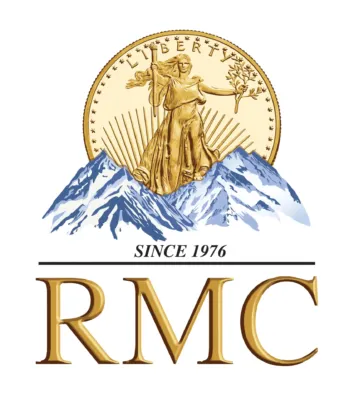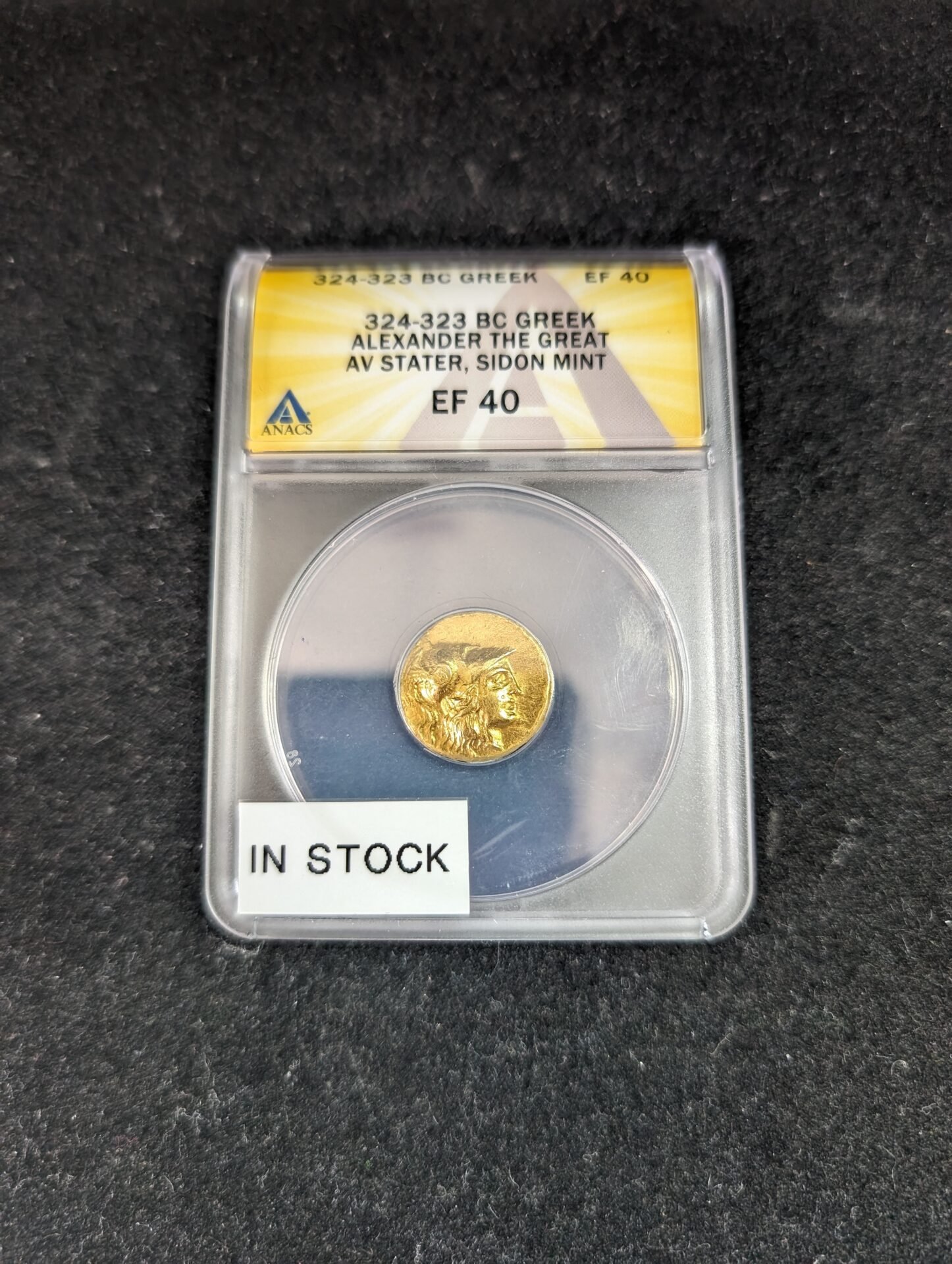For many coin collectors, part of the appeal of the hobby is the adventure of looking for collectibles. While some coin collectors prefer to add to their collection by seeking out one specific coin at a time, others use tools like metal detectors to see what they come across through chance and persistence.
When you first begin using a metal detector, however, you may wonder where you should even begin your search. In this blog, we list 15 areas that can offer valuable potential rewards for treasure hunters.
- Abandoned Properties
From homes to hospitals, abandoned properties can offer the opportunity to discover the treasures left behind by previous residents. When accessing these areas, always exercise care and heed any posted safety warnings.
- Battlefields
Battlefields can provide visitors with perspective and a glimpse into rich regional history. You may find artifacts of soldiers long since passed on or trinkets left behind by much more recent visitors.
- Beaches
Beaches are one of the most popular areas for metal detecting because their sandy expanses offer plenty of space to find treasures washed up or uncovered. Serious treasure hunters may have the most luck around jetties and piers where there tends to be less waste from beach-goers.
- Campgrounds
While campgrounds tend not to offer metal detectorists rare finds, these areas can provide a diversion and interesting items left behind by campers, explorers, rock climbers, and even other treasure hunters.
- Churchyards
Like battlefields, churchyards often have unique histories that stretch back for long periods of time. Additionally, because churches have frequent visitors, detectorists can expect to find a mix of old and new artifacts around houses of the holy.
- Fields
Agricultural fields, especially pastures and crop fields, can have numerous interesting items that rise to the surface through the act of tilling. Because farmland often changes hands and purposes over time, fields can be an excellent location for metal detecting.
- Gardens
Like agricultural fields, gardens are often tilled. Gardens may also have their landscapes changed frequently, which can unearth treasures from recent or long-ago residents. Private and community gardens can both be interesting metal detecting areas.
- Ghost Towns
Like individual abandoned properties, ghost towns can be a metaphorical or literal gold mine for metal-detecting enthusiasts. These areas often have artifacts from the original settlement, including coins.
- Historical Sites
Historical sites that are not controlled by a municipality can be an excellent spot for metal detectorists. Like ghost towns, historical sites can offer original artifacts.
- Landmarks
Manmade or natural landmarks often attract large crowds, and those large crowds can potentially leave behind trinkets and treasures. While some landmarks are on protected Federal land, others can offer numerous areas to explore and discover with your detector.
- Old Circus Routes
Not every historical organization of interest stayed in a single building. For example, circuses, sideshows, and the spectators they brought in traveled on long-distance routes that can still be tracked today. These areas offer metal detectorists an advantage over casual treasure hunters since the sites can be harder to find.
- Natural Swimming Holes
Swimming holes and hot springs are a popular destination for hikers and metal detectorists alike. Because these natural water reservoirs have existed for long periods of time, you may stumble onto a rare find in these locales.
- Parks
While you may have to travel to get to some of these detecting areas, most cities have at least one park where metal detecting is allowed. Detectorists are less likely to find older artifacts here, but parks can be ideal for practicing with a new metal detector.
- Trails and Footpaths
While beaches and parks are popular low-pressure detecting areas, they can be high-traffic areas as well. If you want a little more peace and quiet, look for trails and footpaths nearby that give you a little space to hunt for treasures in a secluded area.
- Wooded Areas
Woodland can be an interesting spot to use your metal detector. In some cases, you may stumble upon treasures left by hunters, previous settlers, or hikers. Before you go out into the woods, be sure to chart your course, pack the right supplies, and travel to an area with a history of activity where you’re more likely to find items of interest.
As you explore these and other areas with your metal detector, remember to use the guidelines in our previous blog, “Strike It Rich: 7 Best Practices for Using a Metal Detector.” For example, you should always check for any restrictions that would prevent access to an area, require specific reporting of found objects, or prohibit digging.
Use this list and a little research into your local area to find your next metal-detecting adventure and to expand your collection.
In the market for a new metal detector or a specific coin for your collection? Trust us at Rocky Mountain Coin.




